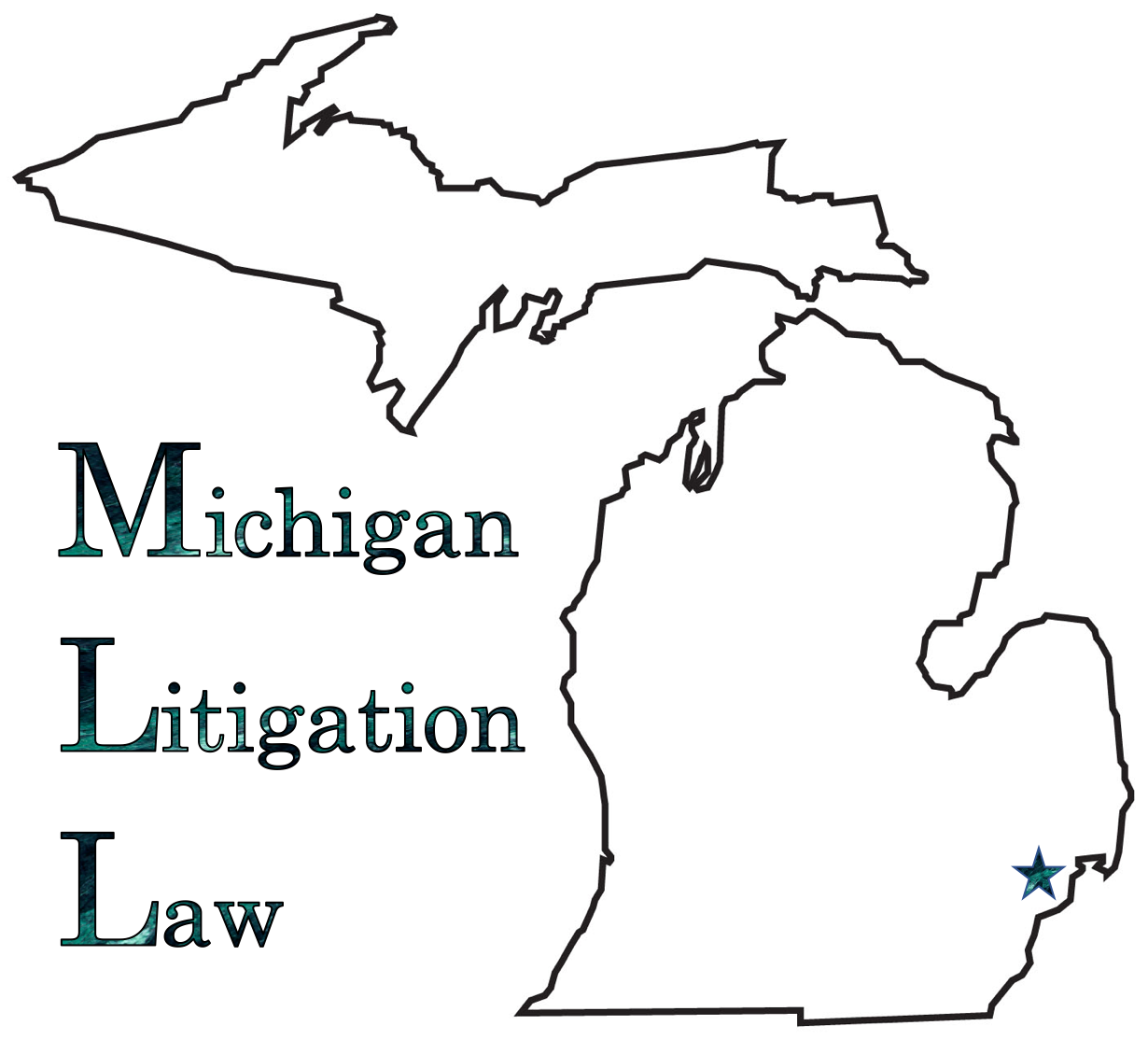The Rehabilitation Act of 1973
The Rehabilitation Act of 1973, 29 USC 701 et seq., prohibits an employer who receives federal funds from discriminating against an individual solely by reason of her or his disability, with respect to participation in and receiving benefits of any program or activity receiving Federal financial assistance. 29 USC 794. “By statute, the Americans with Disabilities Act standards apply in Rehabilitation Act cases alleging employment discrimination.” Burns v City of Columbus, Dep’t of Pub Safety, Div of Police, 91 F3d 836, 842 (6th Cir 1996). Thus, the elements of a claim under the rehabilitation act are the same as under the ADA, with the additional element that the program or activity receives federal funds.
Further, under the rehabilitation act, an employer cannot simply rely on governmental standards to avoid liability, where such standards are arbitrary and do not consider the disabled individual’s ability to perform. Thus, in Parker v United States Dep’t of Transp, 207 F3d 359 (6th Cir 2000), the court reversed an administrative decision denying a commercial trucking license to an individual with monocular vision and who was missing part of his left arm, finding that the department’s reliance on governmental standards arbitrary and unlawful in the face of the individual’s “impeccable” driving record.

